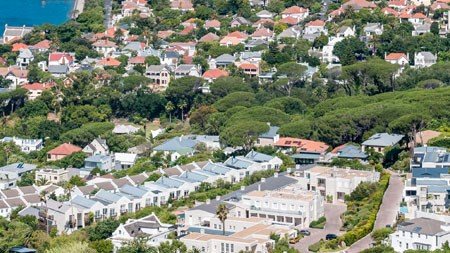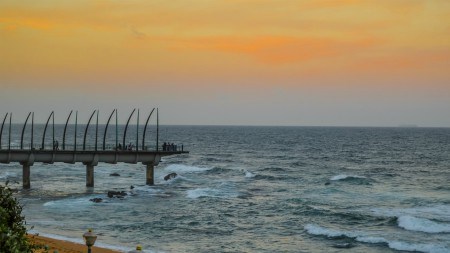A casual stroll through Private Property's property listings would probably confuse anyone: with so many choices available, how on earth do you decide which neighbourhood would suit you best?
Angela Clack - an estate agent with the Chas Everitt International Property Group’s Knysna office, who previously sold property at KwaZulu-Natal’s Simbithi Eco Estate (a gated community of 852 freehold stands and more than 700 sectional title properties) - said that home buyers will generally look for three things: security, proximity, and community.
SECURITY
“It’s an understandable truth that security in a home is almost always the first question on people’s minds,” she said. “Your home is your refuge, and you want your family to be safe, and you want to feel safe yourself when you come home at the end of the day - which is why many buyers won’t even consider open suburbs, and choose only to look at gated communities.
“But gated communities aren’t the only safe places, of course, and you need to assess every suburb on its merits by asking questions like - does it have an active neighbourhood watch? Does it have an involved and effective community policing forum? Is there a strong sense of community?”
PROXIMITY
“The second thing that people look for is distance to important facilities - although the choice of facilities will often depend on the buyer’s age,” said Angela.
“Young people with young families want to be close to good schools and sporting facilities like clubs or cycling routes, while older, retired people want to be conveniently close to medical facilities and, perhaps, the golf course or bowling green.
“My experience in KwaZulu-Natal was that about 60% of home buyers wanted a sea-view, and almost everyone wanted to be close to the beach.”
Public transport is also an important consideration. “People who often fly to other parts of the country started moving out of older suburbs like Berea, Westville, and Kloof when the new King Shaka International Airport opened north of Durban - which had the effect of changing the demographics of those older areas,” said Angela. “In Johannesburg and Pretoria, my colleagues tell me, ease of access to the Gautrain is an important factor, while buyers are beginning to look for access to bus services like MyCiTi in Cape Town or GoGeorge here in the Garden Route.”
COMMUNITY
Angela said that a suburb’s sense of community is far more difficult to pin down than factors like security or proximity.
“It’s not the kind of thing that you can define through cold, hard facts or via data, figures and statistics - rather, if you want, a sense of community is about humanness, and whether or not you think you can fit in and feel that you belong.
“At Simbithi, for example, I found that one of the strongest factors that convinced people to buy was its sense of community. This was fostered by the developers - through regular communication, by the provision of infrastructure like clubhouses, and so on - but it quickly took root and grew.”
Whether you’re considering a gated estate or an open suburb, the physical appearance of an area will often reflect its sense of community, said Angela. “Are the homes maintained to a generally similar standard? Is there visible policing? Are the parks well maintained, and the roads free of potholes?” (This last will speak to the community’s engagement with the local authority.)
INVESTMENT
Angela said that paying attention to whether your new suburb has the security, proximity, and community that you need will pay handsome dividends in the long run.
“Buy into an area that has the right mix - and add value by getting involved in community forums that work to improve conditions in the area - and your home’s value is sure to appreciate at a very satisfying rate,” she said.



